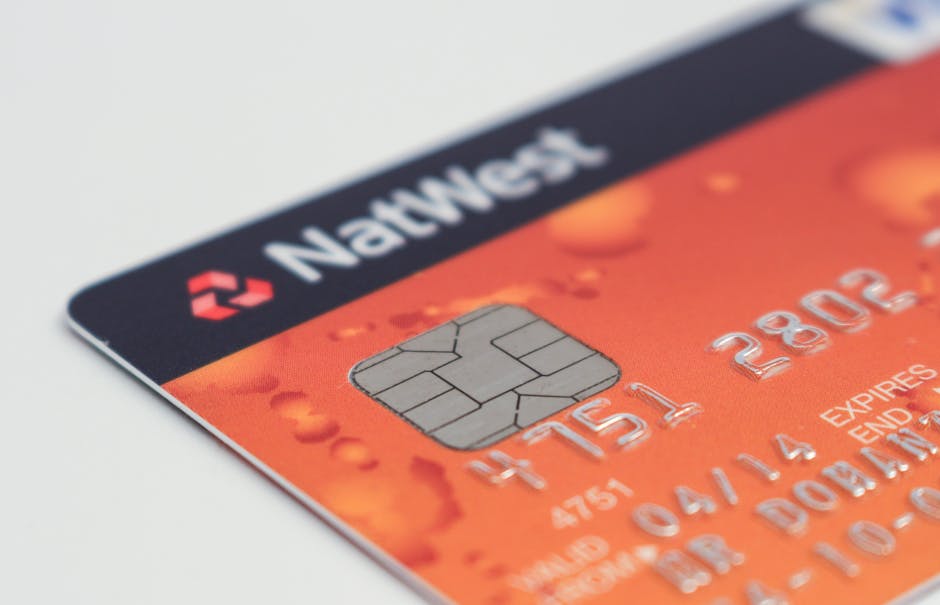The Importance of Secure Online Transactions in the E-commerce Era
While the convenience and accessibility of online transactions have revolutionised the way we do business, the security of these transactions remains a paramount concern. With cyber threats becoming increasingly sophisticated, consumers and businesses alike must prioritise the implementation of secure payment gateways to protect sensitive information.
In this article, we will address the importance of secure online transactions in the e-commerce era and provide best practises to ensure a safe and trustworthy digital shopping experience for all parties involved.
Key Takeaways
- E-commerce and online transactions revolutionise shopping and business
- Secure payment gateways protect sensitive customer information during transactions
- Building trust with customers through secure transactions
- Regularly updating security measures demonstrates a commitment to customer safety
The Growth of E-Commerce and Online Transactions

The exponential growth of e-commerce and online transactions has revolutionised the way people shop and conduct business. With the rise of digital payment methods in e-commerce, such as credit cards, digital wallets, and cryptocurrencies, consumers now have more convenient and secure options to make purchases online. This has led to a significant increase in online sales and a shift away from traditional brick-and-mortar stores.
One of the key factors contributing to this growth is the impact of mobile devices on online transactions. The widespread adoption of smartphones and tablets has made it easier than ever for consumers to shop online anytime and anywhere. Mobile apps and mobile-optimised websites provide a seamless and user-friendly experience, allowing customers to browse products, compare prices, and make purchases with just a few taps on their screens.
Furthermore, the integration of mobile payment solutions, such as Apple Pay and Google Pay, has further simplified the checkout process, eliminating the need for entering credit card information manually. This not only saves time but also enhances security by reducing the risk of credit card fraud.
The Risks of Insecure Online Transactions

Online transactions carry significant risks when they lack proper security measures. Common vulnerabilities in online transaction systems can leave personal and financial information vulnerable to theft or misuse. One of the most common vulnerabilities is weak authentication methods, such as easily guessable passwords or lack of multi-factor authentication. This allows unauthorised individuals to gain access to user accounts and carry out fraudulent activities.
Another common vulnerability is the lack of encryption in data transmission. Without encryption, sensitive information can be intercepted and accessed by attackers. Additionally, insecure storage of data, such as storing credit card information in plain text, can lead to data breaches and the exposure of sensitive information.
The consequences of insecure online transactions can be severe. Customers may experience financial loss as a result of fraudulent transactions, and their personal information may be sold on the dark web or used for identity theft. Businesses also suffer from reputational damage and potential legal liabilities.
To mitigate these risks, it is essential to implement robust security measures, such as strong authentication methods, encryption of data in transit and at rest, regular security audits, and employe training on best practises for handling sensitive information. By prioritising the security of online transactions, businesses can protect their customers and their own reputation.
In the subsequent section, we will explore the strategies and technologies available for protecting sensitive information in online transactions.
Protecting Sensitive Information in Online Transactions

To ensure the safety of sensitive information in online transactions, implementing robust security measures is crucial.
One of the most effective ways to protect this information is through data encryption. Data encryption is the process of converting sensitive data into an unreadable format, making it difficult for unauthorised individuals to access or decipher it. By encrypting data, even if it falls into the wrong hands, it will be useless without the decryption key.
In addition to data encryption, fraud prevention is another essential aspect of protecting sensitive information in online transactions. This involves implementing measures to detect and prevent fraudulent activities, such as unauthorised access, identity theft, and credit card fraud. These measures can include multi-factor authentication, real-time transaction monitoring, and machine learning algorithms that can analyse patterns and detect anomalies indicative of fraudulent behaviour.
Furthermore, businesses should adopt secure payment gateways that comply with industry standards and regulations. These gateways facilitate the secure transfer of payment information between the customer, merchant, and financial institution. By using reputable and trusted payment gateways, businesses can minimise the risk of sensitive data being compromised during the transaction process.
Importance of Implementing Secure Payment Gateways

Implementing secure payment gateways is essential in ensuring the protection of sensitive customer information during online transactions. Payment fraud is a growing concern in the e-commerce era, making it crucial for businesses to adopt robust security measures. By incorporating encryption technology into their payment gateways, businesses can safeguard customer data from being intercepted or accessed by unauthorised individuals.
Encryption technology plays a vital role in securing online transactions. It involves the use of complex algorithms to convert sensitive information into an unreadable format, known as ciphertext. This ciphertext can only be decrypted and understood by authorised parties with the corresponding decryption key. By implementing strong encryption protocols, businesses can effectively protect customer data from potential breaches.
Secure payment gateways also provide an added layer of protection against payment fraud. These gateways ensure that customer payment information, such as credit card details, is securely transmitted between the customer, the merchant, and the payment processor. By utilising secure payment gateways, businesses can minimise the risk of unauthorised access or tampering with customer payment information.
Building Trust With Customers Through Secure Transactions

By prioritising secure transactions, businesses can establish trust with customers and ensure the protection of their sensitive information. Building trust with customers is crucial for businesses to thrive in the highly competitive e-commerce era. Secure transactions not only protect customer data but also contribute to building customer loyalty and enhancing brand reputation.
Here are three ways businesses can achieve this:
-
Implement robust encryption: Utilising advanced encryption algorithms ensures that customer data remains confidential and secure during online transactions. Strong encryption protocols safeguard sensitive information from unauthorised access, providing customers with peace of mind.
-
Employ multi-factor authentication: Integrating multi-factor authentication adds an extra layer of security to the transaction process. By requiring customers to provide additional verification, such as a unique code or biometric data, the risk of fraudulent activities is significantly reduced.
-
Regularly update security measures: Cyber threats are constantly evolving, making it essential for businesses to stay updated with the latest security measures. Regularly patching vulnerabilities, conducting security audits, and implementing industry best practises demonstrate a commitment to customer safety, fostering trust and loyalty.
Best Practises for Ensuring Secure Online Transactions

Businesses can ensure secure online transactions by following best practises that protect customer data and maintain trust in the e-commerce era.
Implementing the best encryption methods is crucial for safeguarding sensitive information. Encryption transforms data into an unreadable format, ensuring that even if it is intercepted, it cannot be deciphered without the appropriate encryption key. Advanced encryption algorithms such as AES (Advanced Encryption Standard) and RSA (Rivest-Shamir-Adleman) are widely considered to be the most secure options available.
In addition to encryption, businesses should also adopt two-factor authentication (2FA) as an effective security measure. 2FA requires users to provide two different forms of identification to verify their identity, adding an extra layer of protection. This can include a combination of something the user knows (such as a password) and something the user possesses (such as a fingerprint or a unique code sent to their mobile device).
To further enhance security, businesses should regularly update and patch their systems and software. This helps to fix any vulnerabilities that may have been discovered and ensures that the latest security measures are in place.
Conclusion
In conclusion, ensuring secure online transactions is of utmost importance in the e-commerce era.
The exponential growth of e-commerce has increased the risks associated with insecure transactions.
By protecting sensitive information and implementing secure payment gateways, businesses can build trust with customers and safeguard their data.
Following best practises for secure online transactions is crucial in maintaining the integrity and confidentiality of information exchanged.
Embracing secure online transactions will not only enhance customer satisfaction but also contribute to the overall success of businesses in the digital landscape.
Contact us to discuss our services now!
